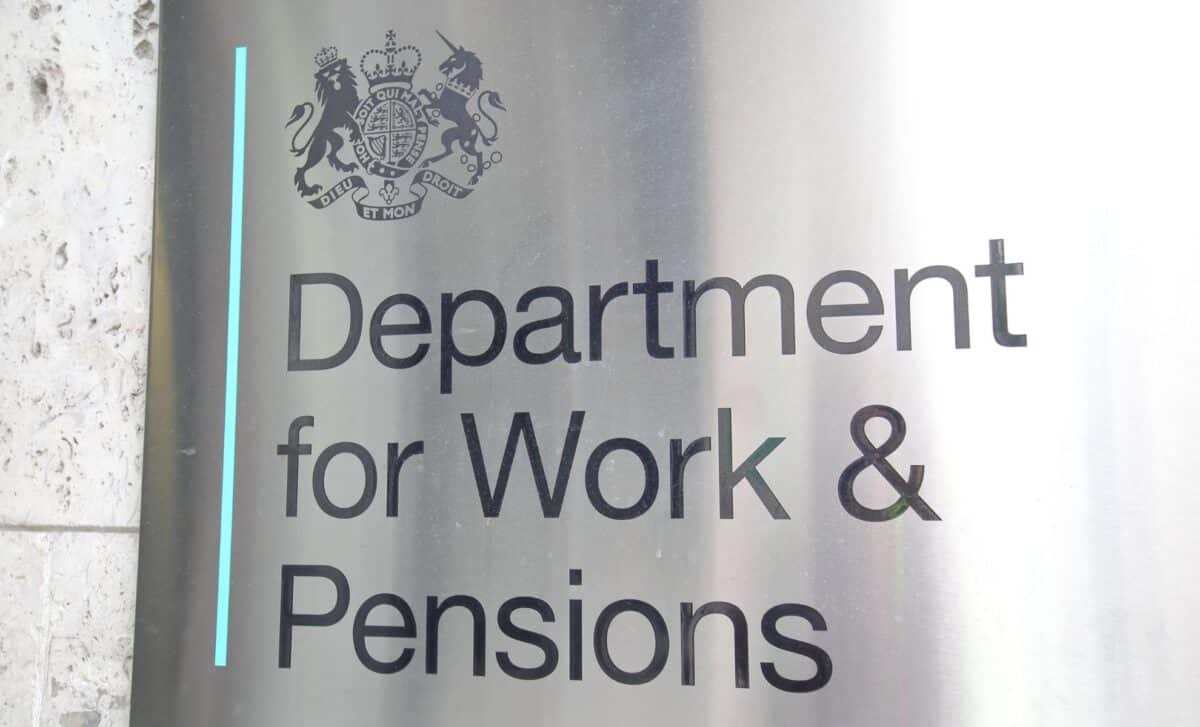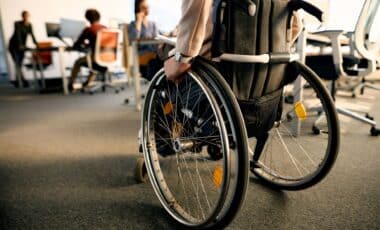Thousands of people losing Personal Independence Payment (PIP) to receive a 13-week support package, as new legislation introduces major welfare changes. The Department for Work and Pensions describes the move as “one of the most generous” transitional offers in its history.
The Department for Work and Pensions (DWP) has announced a new measure aimed at cushioning the financial blow for individuals set to lose PIP under its recently published bill.
The proposed legislation, which overhauls key elements of the Universal Credit and PIP systems, includes a time-limited support scheme designed to give claimants breathing space during reassessment.
This update follows growing criticism over the government’s welfare reform agenda, particularly concerning the impact on disabled people and carers. While ministers tout the move as part of a fairer and more sustainable welfare model, disability rights organisations have voiced strong concerns over the cuts’ human cost.
Thirteen-Week Payment to Aid Transition Away From PIP
According to the DWP, the bill provides a three-month transitional payment for those affected by changes to the daily living component of PIP. This support is expected to benefit individuals who will no longer qualify for Carer’s Allowance or the carer’s element of Universal Credit.
The department claims the scheme offers “13 weeks of additional financial security” to allow affected claimants to adapt, seek tailored employment advice, and manage the end of their entitlements.
According to the DWP, the measure represents a more generous approach than past transitions, offering triple the duration of financial support compared with the earlier move from Disability Living Allowance (DLA) to PIP.
While the transitional payment offers short-term relief, its purpose is explicitly framed as temporary. The DWP states that the payment will not replace full benefit entitlements and is meant only to assist during the adjustment period.
Critics Warn of Severe Impact on Disabled Communities
The reforms have drawn criticism from advocacy groups and charities concerned about the long-term effects of the proposed cuts.
According to Mencap, 70% of respondents with learning disabilities said they would need to reduce food spending if they lost PIP, with 60% indicating they would cut back on heating and 45% worried they could no longer leave their homes.
The MS Society also issued a statement warning that the bill “will take thousands of pounds a year from disabled people”, including those living with multiple sclerosis, thereby increasing poverty and deteriorating health outcomes. The organisation labelled the bill’s first reading as “a step closer towards disastrous benefit cuts”.
In defence of the legislation, Work and Pensions Secretary Liz Kendall stated that the changes reflect a “new social contract” aimed at aligning the welfare system with both compassion and fiscal sustainability.
The bill is positioned as part of a broader strategy to encourage those capable of work to do so while maintaining protection for the most vulnerable.









